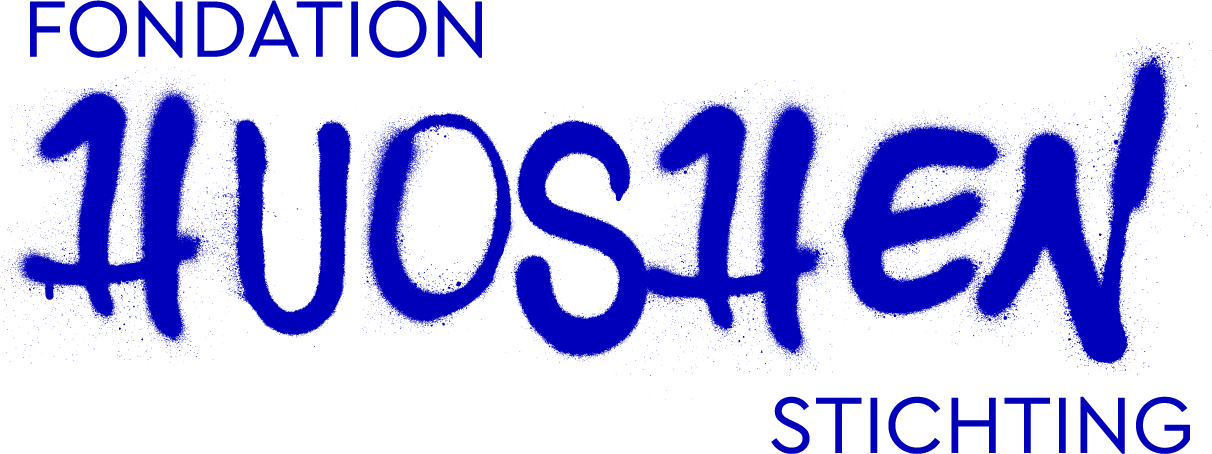Huo 活– shen 身 means in Chinese ‘to make the body/mind/self 身 lively(-ier) 活”. This ‘body’ comprises all – developed and non yet developed, conscious and unconscious yet – possibilities, qualities and inclinations an individual has at is disposal to live his life to the full. In other words, vitality on a physical, mental, and emotional level. In this process, there is a strong focus on both the psycho-social aspect, and on taking responsibility for one’s wellbeing, with respect for personal sensitivities and inclinations.
Body-based practices, also called body-awareness or psychophysical practices, belong within health education to the field of experiential learning. Body-based practices always start from the body, and allow the practioner to develop, through some form of reflection, more body, emotional-and self-awareness, and ultimately more wellbeing. The field of body-based activities itself is very varied: dance and creative therapy, eutony, Feldenkrais, martial arts, mindfulness, psychomotor therapy, relaxation techniques, Rock and Water, Sherborne and circus-techniques, sports, yoga, qigong/taijiquan, … This kind of experiential learning, where being ‘in movement’ and ‘in the body’ are central easily appeals to young people; the threshold is rather low.
It goes without saying that the role of the educator in this process is essential. No inner growth is possible without proper guidance. Therefore, the Huoshen Foundation also wants to support fieldworkers (youth trainers, therapists, teachers…).
In addition, there is very little scientific research on body-based programs for adolescents. The few existing research usually highlights the (measurable) effects of such methods, but ignores the actual learning process.



